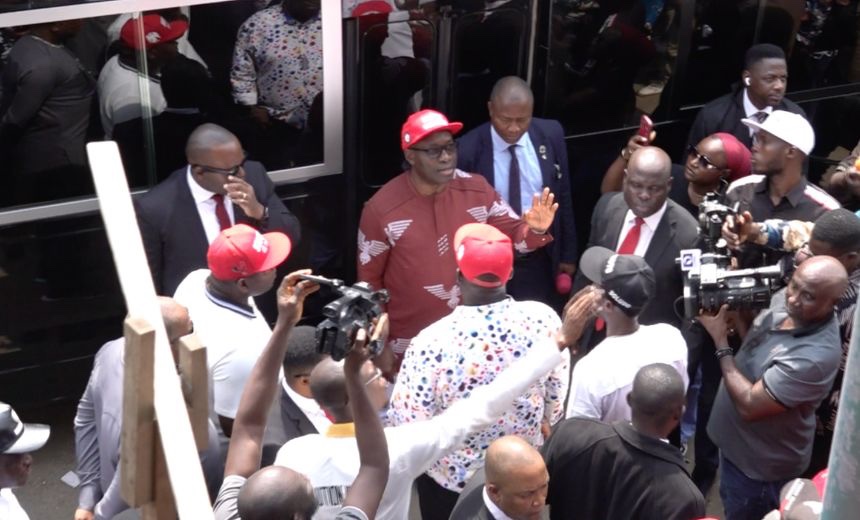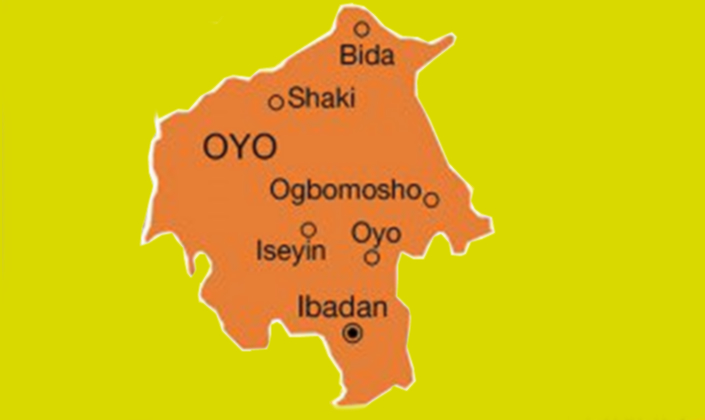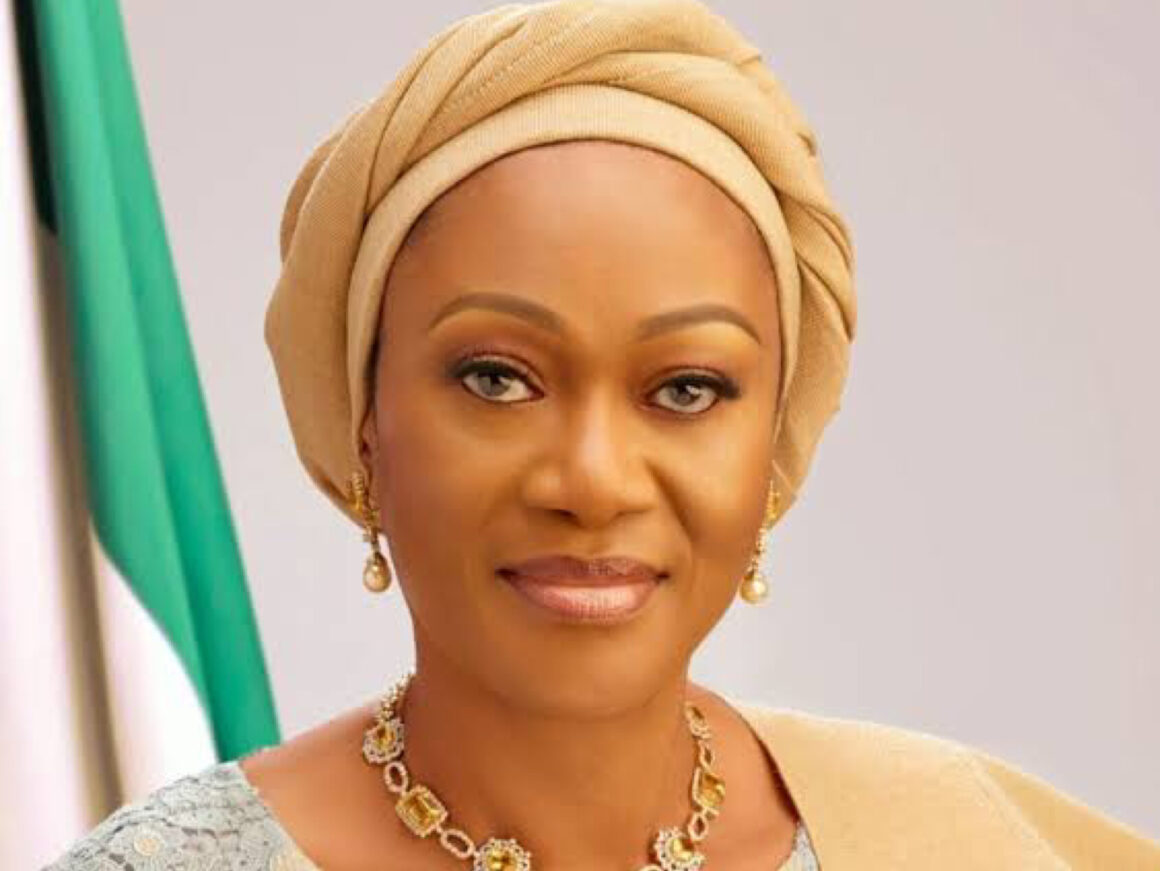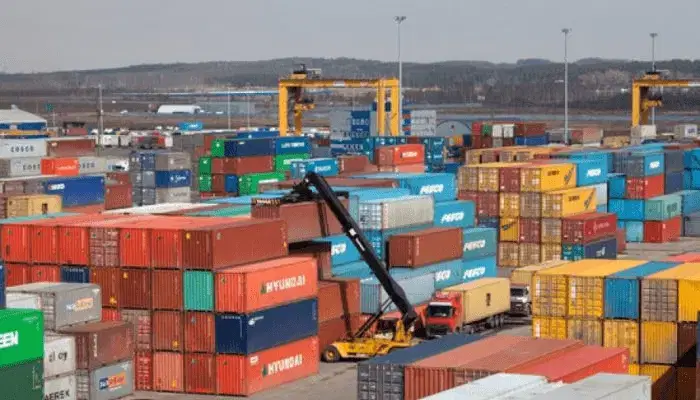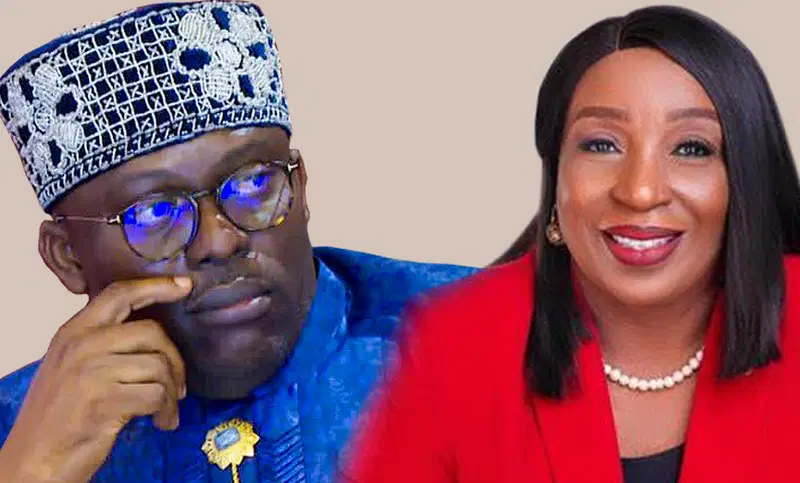News
Rural Electrification: Gov Okpebholo connects abandoned communities to National Grid
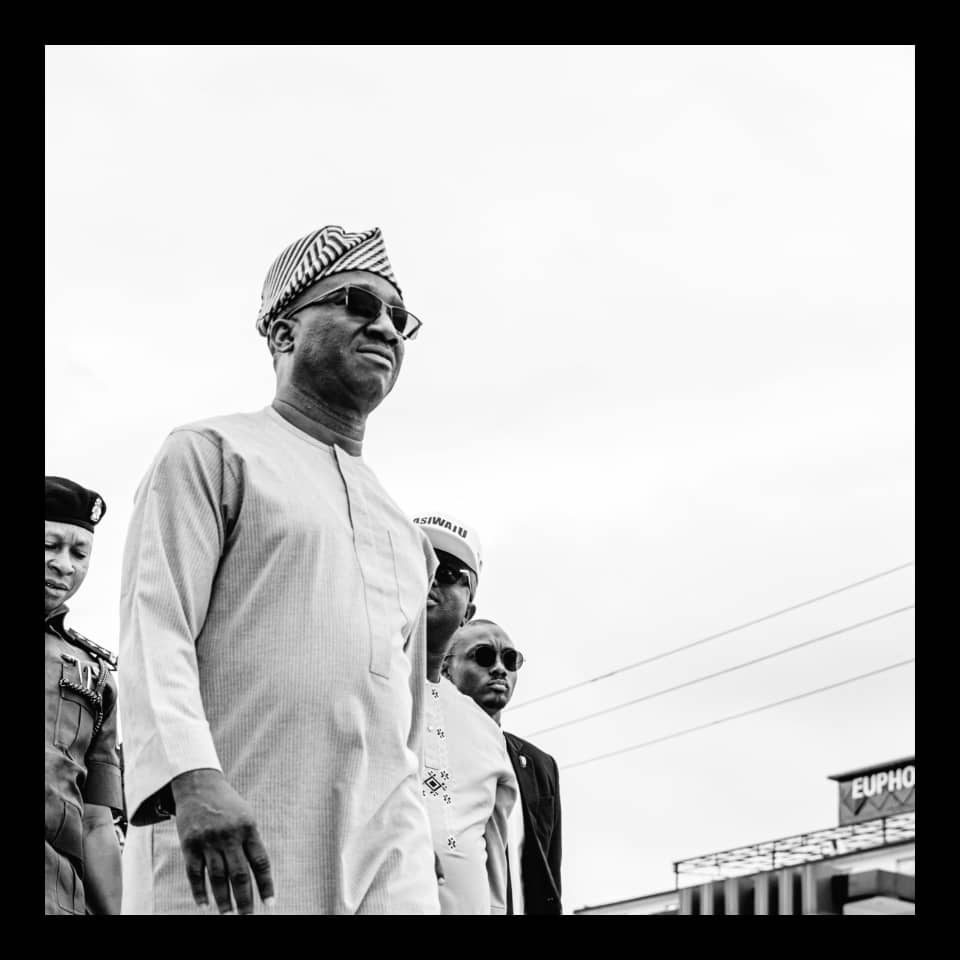
...Addresses estimated billing, vandalism of power infrastructure, others
Edo State Governor, Senator Monday Okpebholo has launched an ambitious and far-reaching ‘Rural Electrification Programme’ designed to break the cycle of infrastructure neglect and power deprivation in Edo rural and semi-urban communities.
In a statement by Fred Itua, Chief Press Secretary to Governor Monday Okpebholo of Edo State Governor on Monday and made available to journalists, this bold initiative is already lighting up communities, revitalizing local economies, and reshaping the narrative of development across the state.
The programme, being spearheaded by the Edo State Electrification Agency (ESEA), represents a critical component of the Governor’s campaign promises to restore dignity to rural communities, stem rural-urban migration, and stimulate economic development at the grassroots level.
The State Government’s mission is to deliver electricity across all strata of the State: urban, semi-urban, and rural through a blend of national grid access, independent power generation, and renewable energy sources, such as solar mini-grids.
At the heart of this transformation lies the Edo State Electricity Law, recently signed by Governor Okpebholo, which deregulates the State’s electricity sector and provides a legal framework for private-sector participation, investment, and localized energy solutions.
“Before now, Edo was limited by national regulations. With this new law, we have our own electricity commission, empowered to license, regulate, and attract investments in generation and distribution. This is not just reform. It is a revolution,” Hon. Egbadon Hon. Saturday, Director-General of Edo State Electrification Agency, stated.
Negotiations are in advanced stages with several independent power providers, one of which is poised to commence operations within months. These providers will generate and distribute electricity directly within Edo, reducing dependence on the overstretched national grid and ensuring more reliable access for residents.
The electrification initiative is being rolled out rapidly across under-served communities. Several villages in Edo Central Senatorial District, including Ibore, Atuagbo, Ugbaro, and Ikilor, have been reconnected to the grid after decades of darkness. In the case of Ikilor, the village received electricity for the first time in its history, marking an emotional and historic milestone.
“The programme goes beyond infrastructure. It inspires hope, trust, and collective ownership. In some villages, local residents have voluntarily cooked for contractors, supported their work, and celebrated the return of electricity as a communal victory. What was once dismissed as mere campaign rhetoric has become a living reality.”
Governor Okpebholo’s strategy is anchored not only on delivery but also on sustainability. The administration is actively engaging public-private partnerships to ensure the continuity of projects beyond the current government.
“We are building systems that outlast personalities,” Egbadon explained. “Private investors are part of the architecture to guarantee expansion and maintenance.”
To protect investments and infrastructure, the government is also intensifying efforts against vandalism, a recurring challenge. Through widespread community sensitization, legal enforcement, and collaboration with local leaders and youth groups, the ESEA is promoting a culture of public ownership.
“This infrastructure belongs to the people. We are urging communities to protect what is theirs. Vandalism is sabotage against progress, and we are enforcing laws that will bring offenders to justice,” Egbadon said.
The administration has also taken a firm stance on metering and billing transparency. In response to longstanding complaints over estimated billing, the state government has mandated that no household will be connected to power without a meter. Through the national Mass Metering Programme and partnerships with local manufacturers, the delivery of meters is now capped at 10 working days post-payment.
“In every newly electrified village, full metering will be completed before the end of the month,” Egbadon affirmed.
This electrification drive is a central pillar in Governor Okpebholo’s broader vision of inclusive growth, where infrastructure serves the people, and development is felt across every ward and community, not just urban centers.
The Edo State Government calls on all citizens to embrace this transformation by protecting public infrastructure, supporting local development, and reporting acts of sabotage or non-compliance.
As Governor Okpebholo’s administration accelerates this electrification agenda, more communities will be reached, and more lives will be uplifted.
-

 News4 hours ago
News4 hours agoOpposition Reps raise alarm over alleged non-implementation of 2025 budget
-

 Business4 hours ago
Business4 hours agoCurrency outside Banks rises 10.2% as money supply expands
-
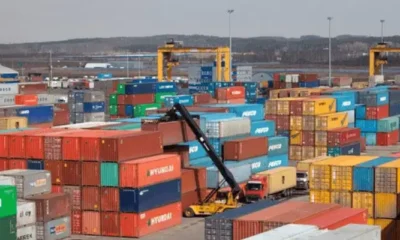
 World News4 hours ago
World News4 hours agoNigeria’s exports to Africa hits N4.82trn
-

 National News4 hours ago
National News4 hours agoClean Energy key to survival, healthy living — Remi Tinubu
-
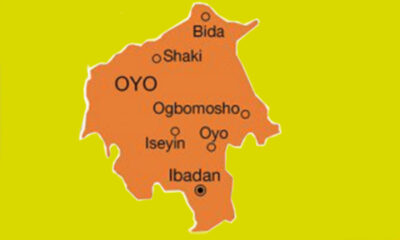
 Metro4 hours ago
Metro4 hours agoPolice Inspector killed as officers rescue kidnap victim in Oyo
-

 News35 minutes ago
News35 minutes agoBREAKING: Soludo orders closure of Onitsha Main Market over sit-at-home defiance

